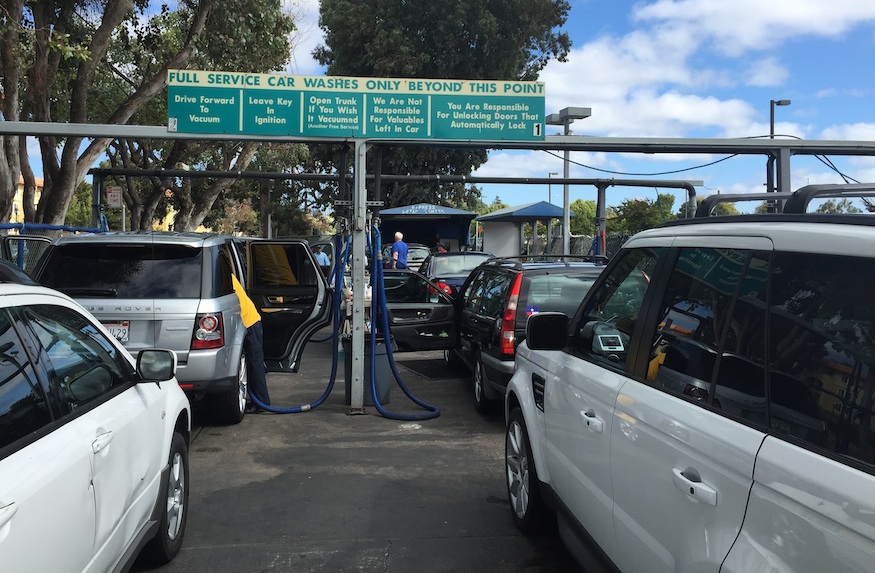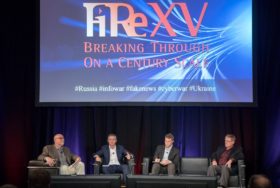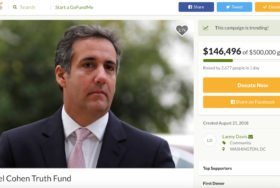
We own two cars, and I get each washed two to three times per month at an average price per wash of $20.00. This adds up to $1,400+ a year at my favorite car wash – the one I’ve been frequenting steadily for four years. Yet, strangely, they don’t make me feel special, and I’m a guy who likes to feel special.
This makes me think of an old business tale that harkens back to the early days of IBM. It goes like this: IBM sold typewriters, but the company knew that its future lay in mainframe computers. Customers could call a toll-free IBM phone number with any issue. “Which IBM typewriter do you own?” the IBM rep would always ask at the outset. Depending on the answer, the operator would route the caller to a sales representative who would not only deftly handle the issue, but also would then proceed to up-sell the customer based on their needs. In other words, IBM treated its best customers differently, while garnering loyalty and increasing sales.
My car wash doesn’t do that.
My car wash excels at one-time transactions, so I might as well be a stranger. Every time I show up, I must repeat my standard order. That’s stupid. Not only do I always request the same wash, but sometimes I even request it to the same guy who took my order the previous week. This is incredibly inefficient and, to me, more than a little irritating. It’s also bad business. It’s a classic example of not taking the time to “know your customer,” and this ignorance won’t make the grade anymore. Today, I can push a button on my smart phone and a car shows up, and a friendly Uber driver I’ve never met knows where I want to go, and has all the necessary information to charge my account.
Why can’t my car wash know who I am and what I want? That’s the issue for every organization today: How well do you know your customers and how generous are you willing to be in exchange for their loyalty?
Today, you’re competing with countless other businesses, and many of these players are hip to their customers needs. More than a century ago, John Deere, the tractor company, published a quarterly magazine including helpful tips to make its customers become better farmers. That’s both generous and intelligent. Similarly, in IBM’s early days, the leadership knew that the company’s most assured path to growth was going to be generosity, to anticipate and fulfill its customers needs before they were even aware of them.
Today, we have the technology to accomplish that kind of strategic generosity in all sorts of businesses. But it’s not solely about technology. Virgin America, for example, makes me feel special, while United Airlines does not. On one level, they both provide similar services, and both are burdened with the same crappy airports. But Virgin America understands that its customers won’t settle for mediocrity. Virgin America cares about the little things that add up to a big halo effect – superior food, advanced technology, chic design, and a far cooler vibe. United Airlines doesn’t attempt to have any of these qualities: it has one wing stuck in the past. In contrast, Virgin America has done what every smart business must do – rethink its entire business, holistically. Virgin reinvented and improved the experience of flying, just as IBM foresaw the automation needs of its customers’ businesses (and ended up selling a whole lot of mainframe computers), and just as John Deere envisioned the ever-changing farming needs of its customers (and consequently sold a lot more tractors).
The lesson for my car wash, and for just about every business, is simple. Find ways to be generous with your customers’ needs and you’ll accelerate growth, engender loyalty, and reap the benefits.
Loyalty pays. It worked very well for John Deere and IBM for decades, and for Virgin America and Uber more recently. Be generous, on your customers’ terms. It’s a timeless and effective strategy.


